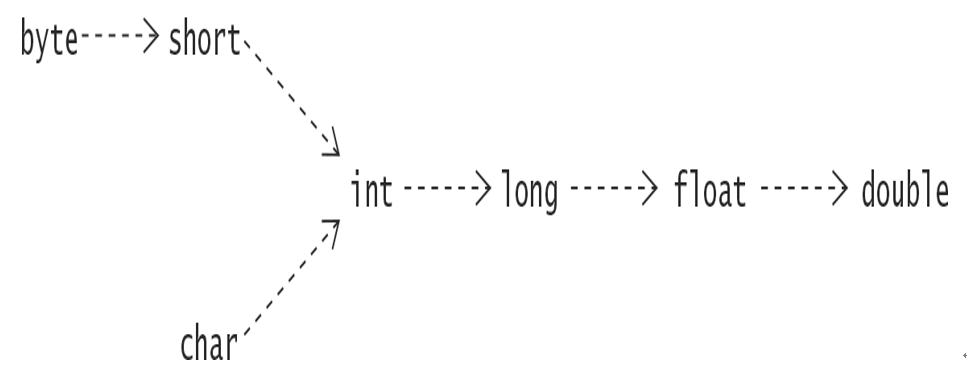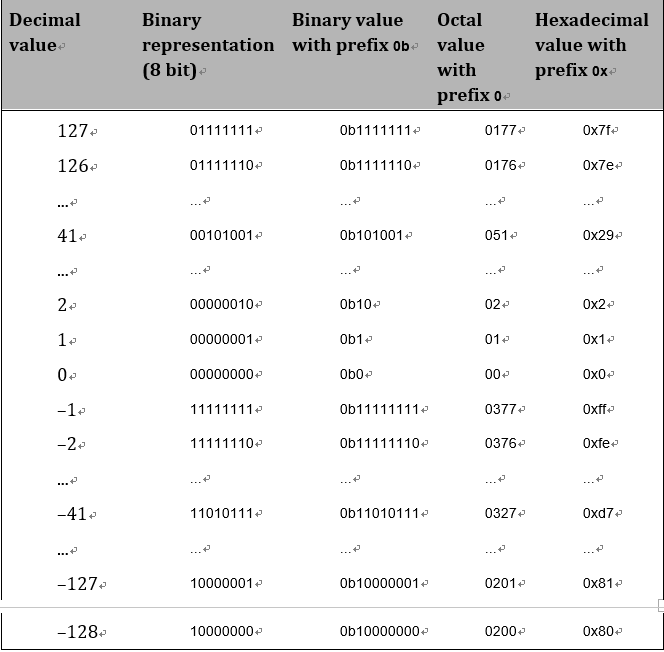Robust and Secure
Java promotes the development of reliable, robust, and secure systems. It is a strong statically typed language: The compiler guarantees runtime execution if the code compiles without errors. Runtime index checks for arrays and strings, automatic garbage collection, and elimination of pointers are some of the features of Java that promote reliability. The exception handling feature of Java is without a doubt the main factor that facilitates the development of robust systems. And the module system further enhances encapsulation and configuration.
Java provides multilevel protection from malicious code. The language does not allow direct access to memory. A bytecode verifier determines whether any untrusted code loaded in the JVM is safe. The sandbox model is used to confine and execute any untrusted code, limiting the damage that such code can cause. These features, among others, are provided by a comprehensive Java security model to ensure that application code executes securely in the JVM.
High Performance and Multithreaded
The performance of Java programs has improved significantly with various optimizations that are applied to the bytecode at runtime by the JVM. The JIT feature monitors the program at runtime to identify performance-critical bytecode (called hotspots) that can be optimized. Such code is usually translated to machine code to boost performance. The performance achieved by the JVM is a balance between native code execution and interpretation of fully scripted languages, which fortunately is adequate for many applications.
Java has always provided high-level support for multithreading, allowing multiple threads of execution to perform different tasks concurrently in an application. It has risen to the new challenges that have emerged in recent years to harness the increased computing power made available by multicore architectures. Functional programming, in which computation is treated as side-effects-free evaluation of functions, is seen as a boon to meet these challenges. Java brings elements of functional-style programming into the language, providing language constructs (lambda expressions and functional interfaces) and API support (through its Concurrent and Stream APIs) to efficiently utilize the many cores to process large amounts of data in parallel.






